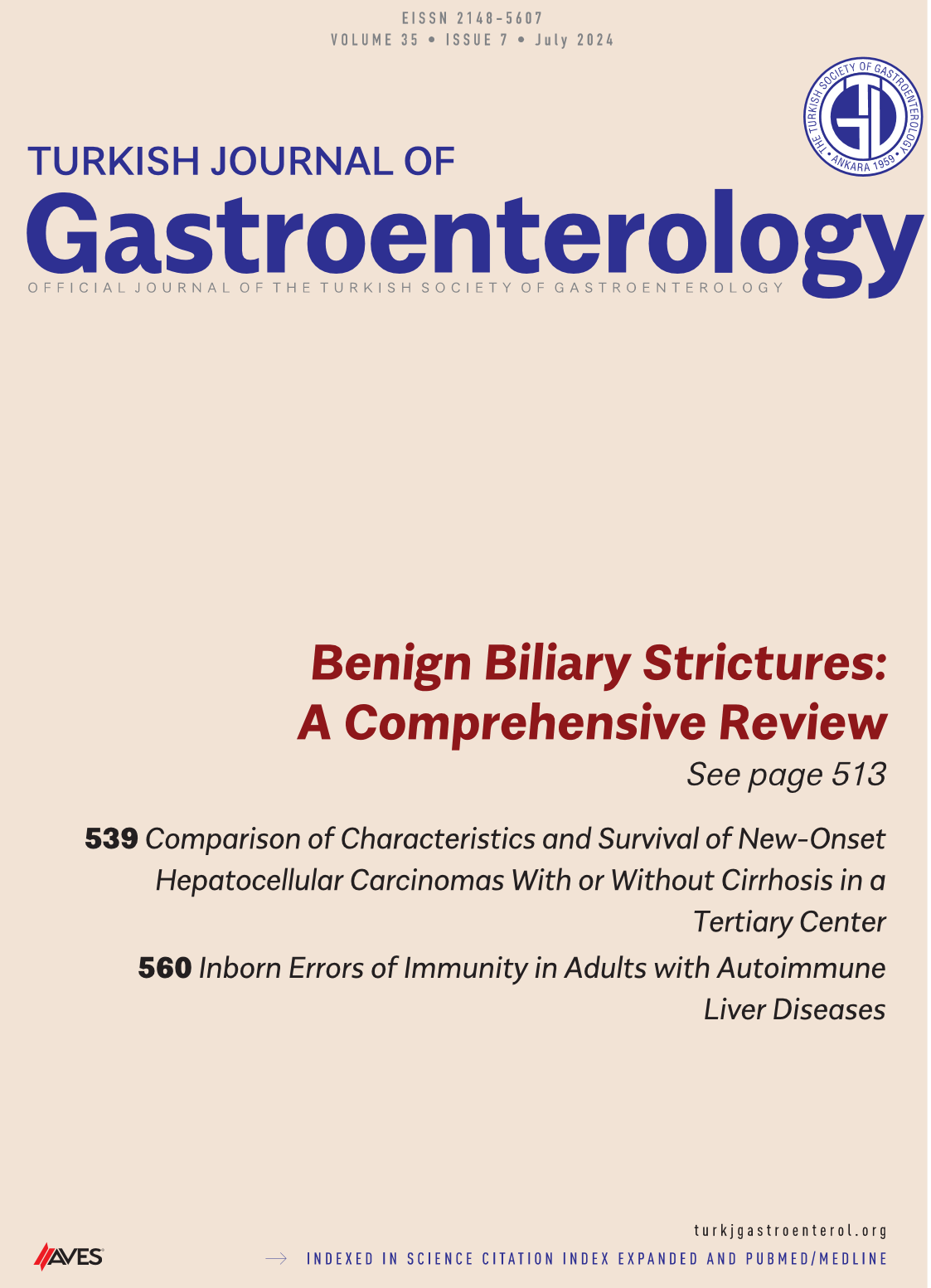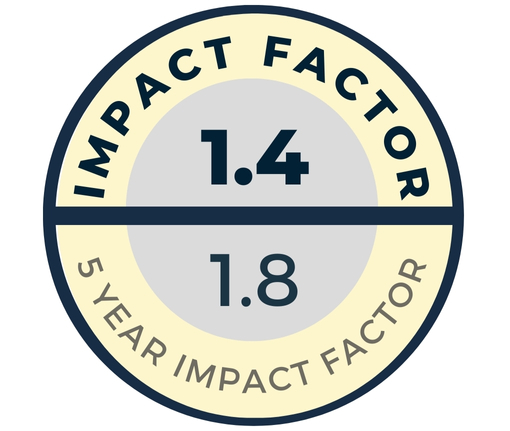Background/Aims: Post-endoscopic retrograde cholangiopancreatography (ERCP) pancreatitis (PEP) is the most common complication of ERCP. As the clinical effectiveness of topical epinephrine in preventing PEP is elusive, this work attempts to assess its impact on PEP prevention.
Materials and Methods: The databases Embase, Web of Science, PubMed, and Cochrane Library were searched for randomized controlled trials (RCTs) and retrospective cohort studies (RCSs) on topical epinephrine in PEP prevention (data cutoff, November 2022).
Results: This study included a total of 10 research articles, involving 5683 patients, comprising 7 RCTs and 3 RCSs. The results of the meta-analysis indicated that epinephrine had no significant effect on preventing PEP or improving its severity. The meta-analysis results of RCTs subgroup revealed no significant difference in the incidence of PEP between patients receiving epinephrine treatment [alone/in combination with nonsteroidal anti-inflammatory drugs (NSAIDs)] vs. without epinephrine treatment (control group) (P = .23). However, patients treated with epinephrine alone experience a lower incidence of PEP compared to the control group (risk ratio [RR] = 0.28, 95% CI = 0.14-0.56, P = .0004). The treatment with epinephrine+NSAIDs vs. NSAIDs showed no significant difference (P = .95). The meta-analysis results of RCSs subgroup demonstrated a significant reduction in the incidence of PEP with the epinephrine+NSAIDs vs. NSAIDs (P < .05). Regarding the severity of PEP [mild, and moderate to severe (M-S)] in the RCT subgroup, the incidence of PEP was not reduced with epinephrine treatment (alone/in combination with NSAIDs) vs. control group. In the RCS subgroup, receiving epinephrine (alone/in combination with NSAIDs) reduced the incidence of mild PEP, while it had no effect on the incidence of M-S PEP.
Conclusion: Epinephrine was not significantly effective in preventing PEP and improving its severity. The combined use of NSAIDs and epinephrine as a possible preventive measure requires further investigation into its efficacy.
Cite this article as: Chen Z, Fu H. The efficacy of topical epinephrine in preventing post-endoscopic retrograde cholangiopancreatography pancreatitis: A meta-analysis. Turk J Gastroenterol. Published online July 3, 2024. doi 10.5152/ tjg.2024.23386




.png)
